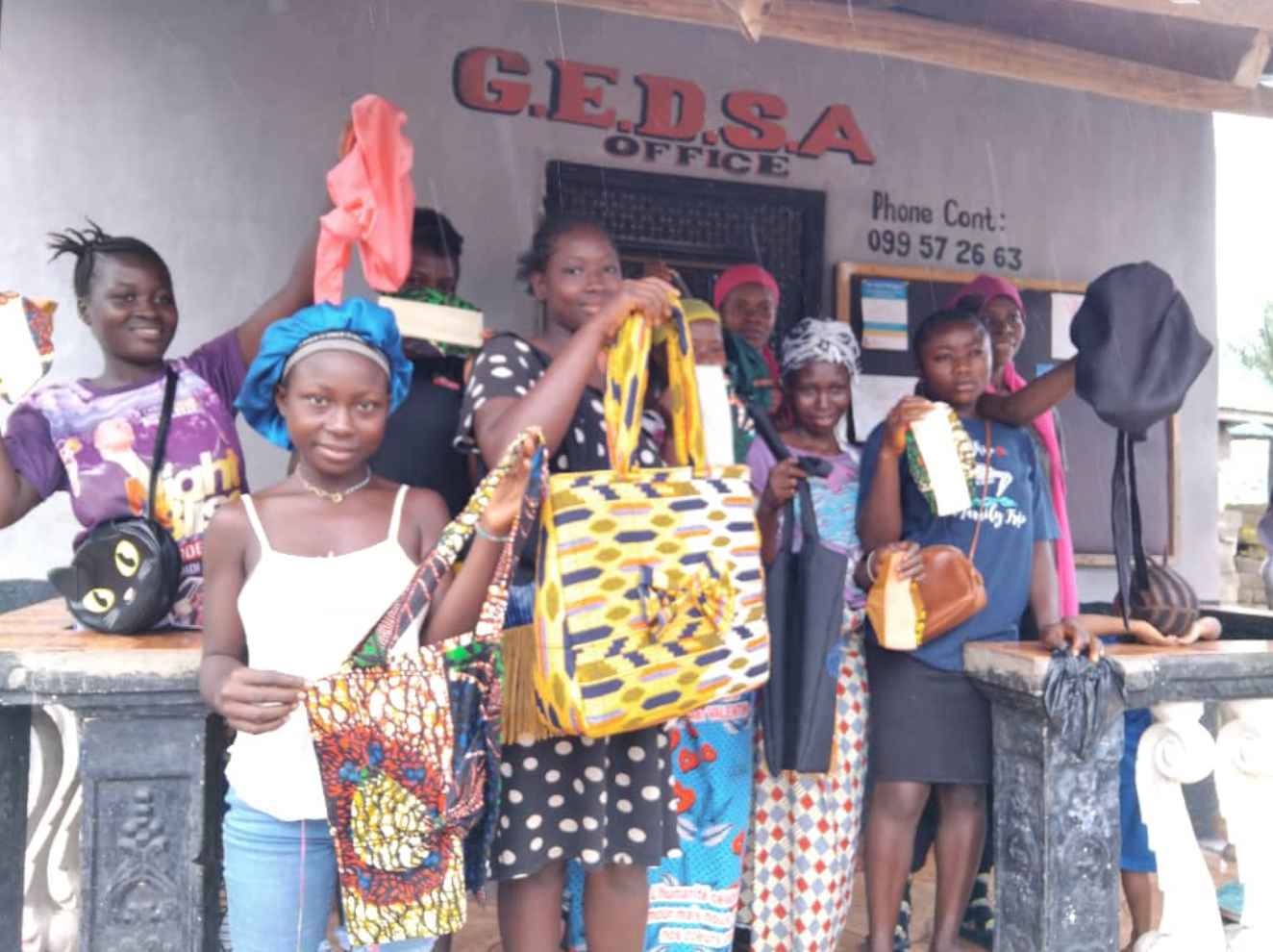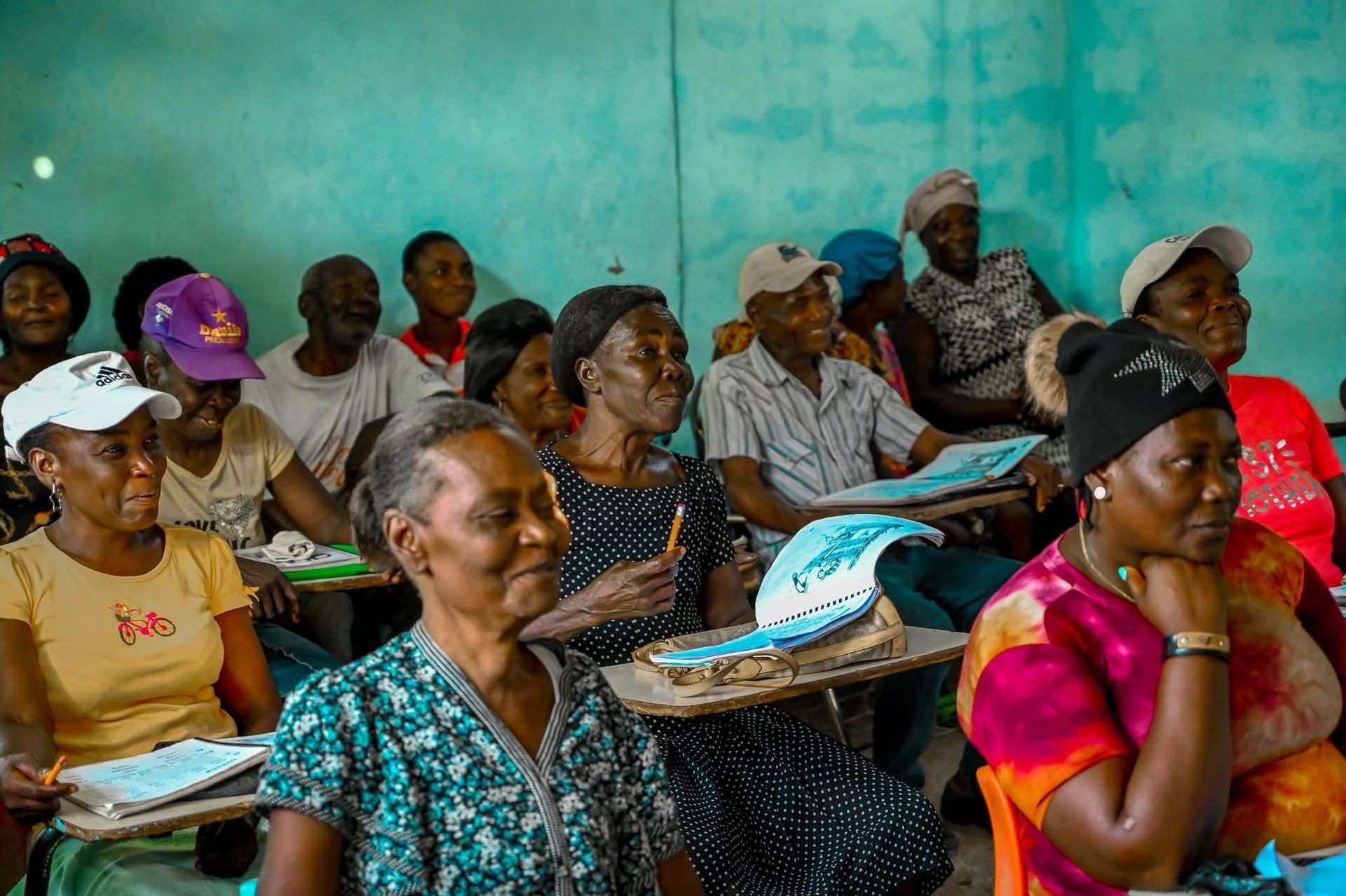The Importance of Human Rights Education in the UK
Gus John discusses the importance of human rights education in the UK.
Gus John: There is a real need to focus children in metropolitan countries like Britain on human rights abuses in our own space, and understand how that plays into the way education policies and practices are framed.
Last year Gavin Williamson introduced behaviour hubs, which squeeze students into a corner, making schools seem like boot camps. When that happens, openness, creativity and growth are pretty much out of the window.
One of the things that is alarming to us is the growing number of young people with special educational needs, complex needs, who are being excluded from school. It is these complex needs which lead to certain behaviours which contravene the school’s own behaviour codes. It is brutal and punitive, and it is an assault on those children's own human rights. We need to struggle to fight for them.
The way schools organise themselves should be against a human rights back drop, so that they are conscious all the time of the extent to which some of their own regimes are denying children their human rights. Article 2 says children are entitled to an education, and that is irrespective of what they might do. Yet we find very punitive attitudes determines conduct, as if it is not the responsibility of school to help them to unlearn inappropriate behaviours, and grow holistically in a manner that enables them to be citizens in society.
From that point of view, we find that the schooling system is broken, and creating all kinds of casualties. Children end up in pupil referral units, and alternative provision, where less is expected of them. We need to get rid of the overbearing punitive attitude to children, and their development. It is what is necessary if we're going to create a human rights schooling culture.
In this country there is a growing focus on decolonising the curriculum. This project of advancing human rights education and embedding it more in terms of what schools do, must be seen as a part of that. I don't believe that it is possible decolonise the curriculum, if you don't first decolonise the institution. Part of the process of decolonising the institution, is to make schools more child friendly and child centred. This means creating a space for the voice of the child, and by doing so engage with the child's realities.
I work mainly in inner city areas and get quite alarmed at the extent to which schools try to keep issues that affect young people outside the school gates. Youth violence for example, and the fear that young people have of one another, the way in which the youth justice system deny them fundamental rights. These things can be seen as peripheral to the school's main function and purpose. To decolonising the institution, we must create space for all of the things that concern young people.
We need to support the voice of young people and their capacity to bring about changes against a ruling order that seeks more and more to marginalise them, and to suggest that the only purpose there is to schooling and education, is to have high level education results measured by examination and tests, as distinct from growing rounded individuals who can be encouraged and trained to engage in collective action in pursuit of change.
There is a lot of repair to be done in our situation, even as we make comparisons between our human rights challenges here, and those in other countries, and particularly in the global South.
Find out more about the competition here.




